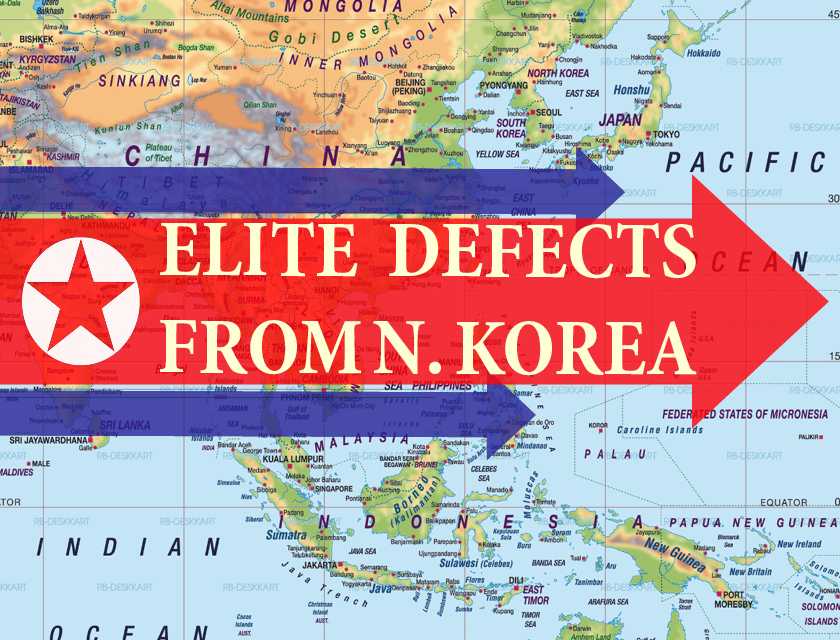On Aug. 17, a top-ranking North Korean official named Yongho Thae officially fled the country with his wife and two sons while he was stationed in London as a diplomat. The news came as a surprise to many because North Korean defectors are usually common people who have suffered under the authoritarian Kim regime. Spokesman Joonhee Jeong from the South Korean Unification Ministry reported that Thae defected after multiple clashes with the Kim regime because he feared for the future of his sons. They had been staying with Thae in London to study. Jeong also stated that Thae’s act of rebellion might be a sign of a larger issue: growing North Korean instability.
Thae’s defection shocked many not only because he was a high-ranking official, but also because he had been closely tied to the Kim regime. His wife was a member of the O family, a highly influential bloodline in North Korea. Thae’s father was also a four-star general and had fought alongside Ilsung Kim.
Thae’s escape has left the North Korean establishment visibly irate. According to The Guardian, the Korean Central News Agency (KCNA) of North Korea released a statement in an attempt to defame Thae. It branded him as “human scum” and claimed that he had mishandled government funds, sold state secrets, and committed child rape. The KCNA demanded that Thae be returned to North Korea to be tried for these crimes. The British government has rejected this demand and has instead sent Thae over to South Korea.
“According to the Geneva Convention, Britain had an obligation to send Thae to South Korea, not back to the North,” said Michael Silber, history teacher. “There is no doubt that if Thae were sent back to North Korea, he and his family would have probably been executed, so it was a clear move to be made on Britain’s part to protect human rights. However, these events tend to be bad for North and South relations.”
Defections of high-ranking officials are not unprecedented. Earlier this year, another unnamed official defected from North Korea’s Office 39, a secretive organization that deals with funds imperative to the stability of Kim’s regime. Though such defections have been generally regarded as isolated cases, the recent string in elite defections has drawn significant media attention.
“While defections have always been an issue that North Korea has had to deal with through the rule of Kim Il-Sung and Kim Jong-Il, it’s not a coincidence that defections are now constantly on the news, especially since Kim Jong-Un has come into power,” said Michelle Ahn (10), Model United Nations club member. “Whatever the reason, the people of North Korea and now even those in his circle of power are starting to see through his delusions and fear tactics, and they are straying from it. If I were Kim Jong-Un right now, I would be very afraid.”
These defections have caused even more problems in North Korea. The despotic regime derives its power from an exclusive and consolidated power base. The loss of multiple officials hurts the authority of these bureaucrats. Furthermore, Western sanctions have driven the regime into dire economic conditions. The Ministry of Unification also stated that officials such as Thae are likely to have key information regarding the inner workings of the North, including possible exploitable weaknesses.
However, this political act of supposed heroism has its downsides—a dilemma that applies not only to Thae but also to every North Korean defector. Although Thae and his family members were able to officially cut ties with their country, the reality is that those affiliated to him will be tortured, jailed, or both. Harsh punishments await the family members left behind.
The South Korean government is doing its best to make sure that these elite defectors are safe and comfortable in defecting from their past lives; the same can not be said of the remaining North Korean officials and media, who are attempting to disparage Thae from the land that used to be his home.

